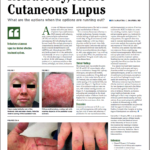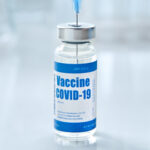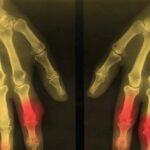From the first substantial argument in the 19th century that uric acid played a role in gout, it took about 100 years for the medical community to accept its role in triggering acute inflammatory gout attacks. Two papers, both published in 1962, helped demonstrate the link between uric acid and acute gout attacks, quickly opening…









